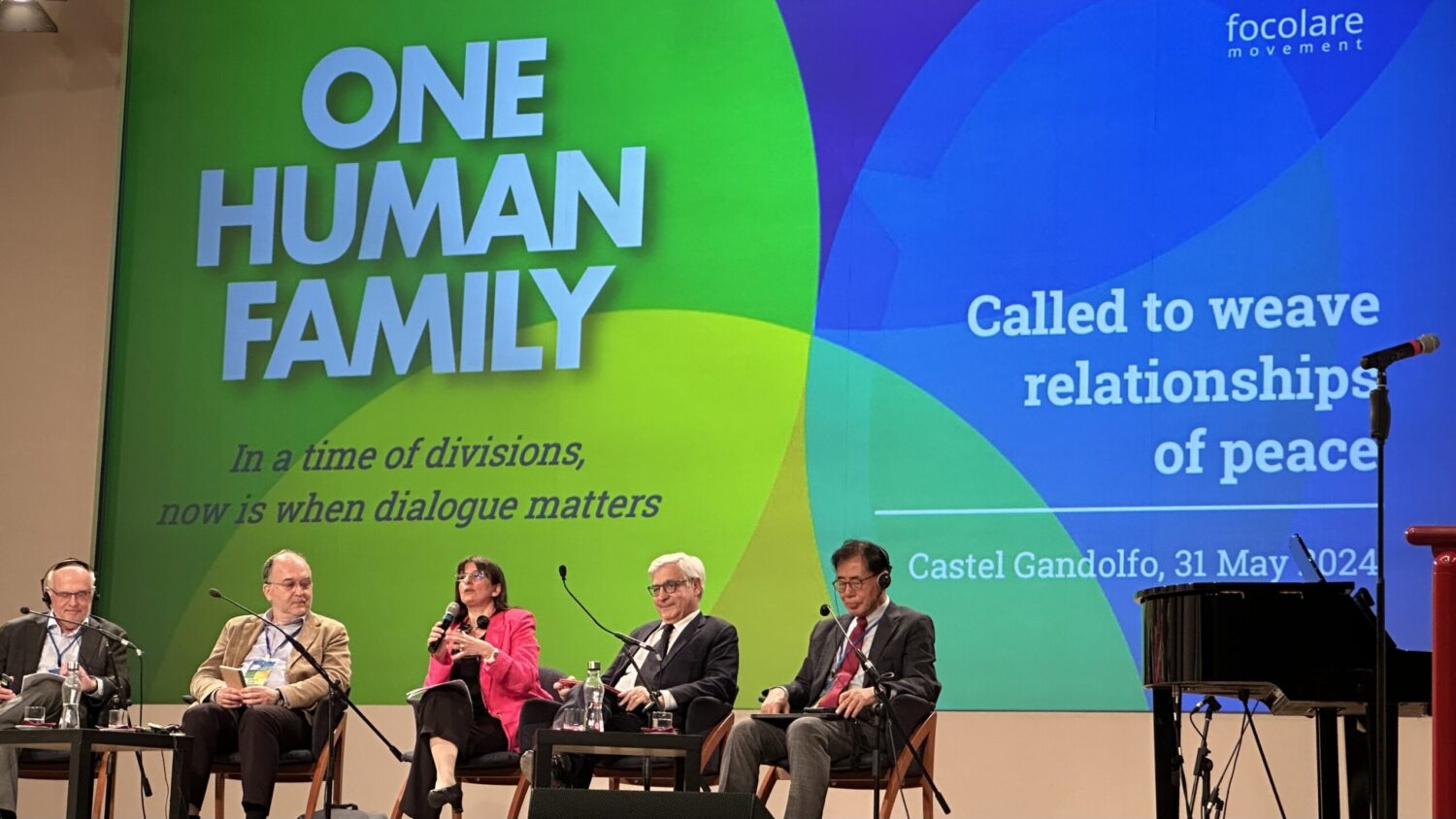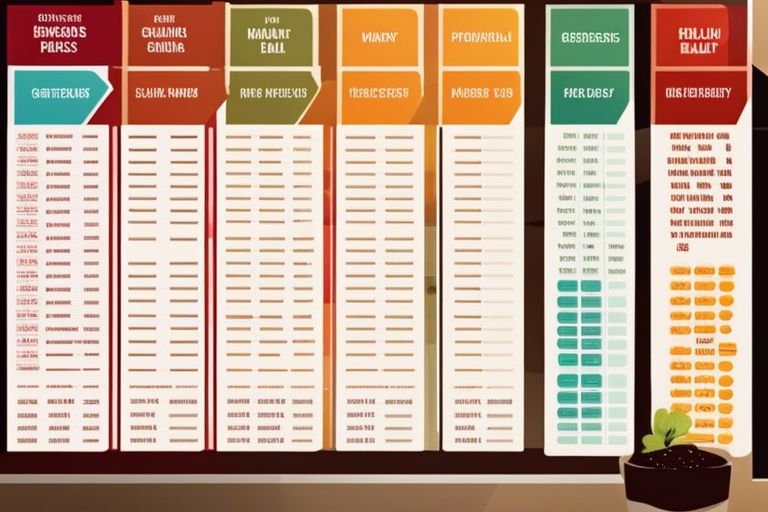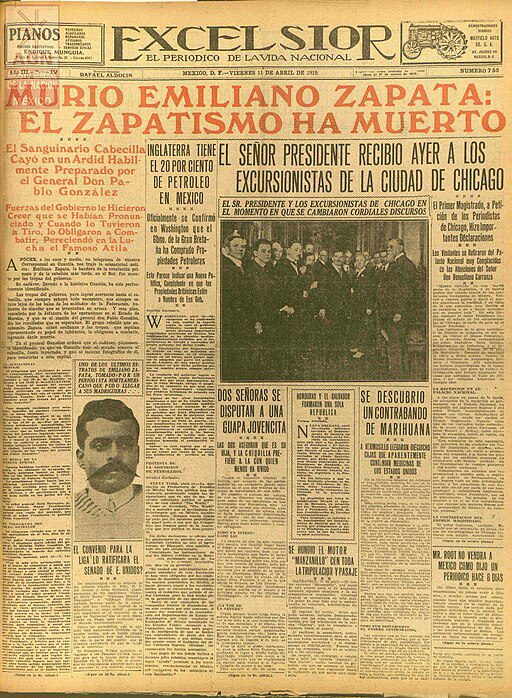By Martin Hoegger. www.hoegger.org
This was the theme of a Round Table as part of the Interreligious Conference organized by the Focolare Movement, in the Roman Hills, beginning of June 2024. Religions are often seen as escalating conflict. But is this really the case? What positive contributions can they make to build peaceful relationships?
For Italian ambassador Pasquale Ferrara, conflicts are due above all to economic and political interests, where religions are exploited. Religions have a different purpose. He believes that international politics depends on the lens through which we see reality, which is often distorted.
Trust prepares peace.
Ferrara criticizes the maxim “si vis pacem, para bellum” (If you want peace, prepare for war). No, it is trust that prepares peace. We must be aware that war – this “enormous wound” – is the daily life of many people. War is not the continuation of politics, but it is the negation of it.
Today when everything has become transnational, religions have to play the role of the critical conscience of humanity. They also have a prophetic function, teaching politicians where the real priorities are. We have to imagine their action in a constructive way.
Furthermore, religions think locally to act globally: this is the opposite of the usual maxim “ think globally and act locally ”. Every policy has its “ micro-foundation ”. The secret of universality lies in proximity. Our planet needs attention and there is no peace without justice, nor without adequate institutions.
A transformative dialogue
With optimism, Russell G. Pearce of Fordham School of Law (New York), believes that every day we can practice hope. He recently carried out a survey of two active dialogue groups in Israel and Palestine, the “Parents’ Circle” and “Fighters for Peace”. They maintained their relationships after October 7, even though they all had a family member who was a victim of violence.
Both groups are led equally by Israelis and Palestinians. They are apolitical and above all want to see the humanity in others. The massacre of October 7 was an ordeal. However, the facilitators of these two groups urged them to come together. The conversations were not easy, but the bonds were rebuilt, stronger than before. The number of Palestinian youth who have enrolled in a nonviolent communications program has tripled.
“ We must remember that behind every person killed on October 7 and, subsequently, in Gaza, there are people with their families, their dreams and their projects. Let’s recognize that the pain is the same ,” says Pearce, who is Jewish. Their dialogue was transformative: a dialogue of love where they opened their hearts and learned to see God in each other. People use concepts similar to those used among the Focolare. “ You change one person, you change the whole world,” said a Palestinian, echoing the saying: “you kill one person, you kill all humanity.”
“ The United Religions organization”
Sunggon Kim has great experience. He is honorary president of “Religions for Peace” in Asia, former secretary general of the Korean Parliament, and president of the Focolare’s political movement for unity in Korea. He is a Buddhist.
He notes that politicians are committed to justice, but in the name of justice, they fight each other. While religious people commit to love and rebuild the peace destroyed by politicians. But we need justice as much as we need love. In a family, the father represents justice, and the mother represents love.
Today, wars and climate change make us suffer. In 1945, the United Nations was created for peace. But they cannot do it today; they need religious communities.
He proposes the formation of a ” United Religions Organization”, which can function as partners of the UN. Father and mother would thus be together. The UN would play the role of the father in justice and the United Religions that of the mother in love. The UN would take care of the external and political aspect, the United Religions of the internal and moral aspect.
The preamble to the founding act of UNESCO recalls this: “ Wars originating in the minds of men, it is in the minds of men that the defenses of peace must be built.” Religious communities must therefore unite to help the UN establish world peace. “ Let’s not let the father live alone, let’s find him a wife!” Let us create the organization of united religions ,” concludes the speaker!
Promoting a “universal consciousness”
The first Muslim professor to teach in a Catholic university in Rome (the Gregorian), Adnane Mokrani thinks that theology is a mediation between religion and practice. Its mission is educational: the transformation of people, humanizing them, uniting them, bringing out the presence of God in each person. It must free man from the prison of ego and nationalism. Otherwise, it becomes an instrument of power and servitude.
How can we create a common mission between religions, he asks? We must remember the vocation of purification and humanization of religion against hatred and violence. Every day we face hatred, where we can lose faith in the goodness of God.
Hate and violence had failed to change the hearts of Chiara Lubich and her companions during the war and under the bombings. Like them, we can experience God’s love, which keeps us from hatred.
Gandhi’s movement promoted the concept of “universal consciousness “. We need a universal critical consciousness, through an encounter between religions. They can propose this consciousness to seek more humanity instead of war that is the mother of all misfortunes.
Other articles on this conference: https://www.hoegger.org/article/one-human-family/





